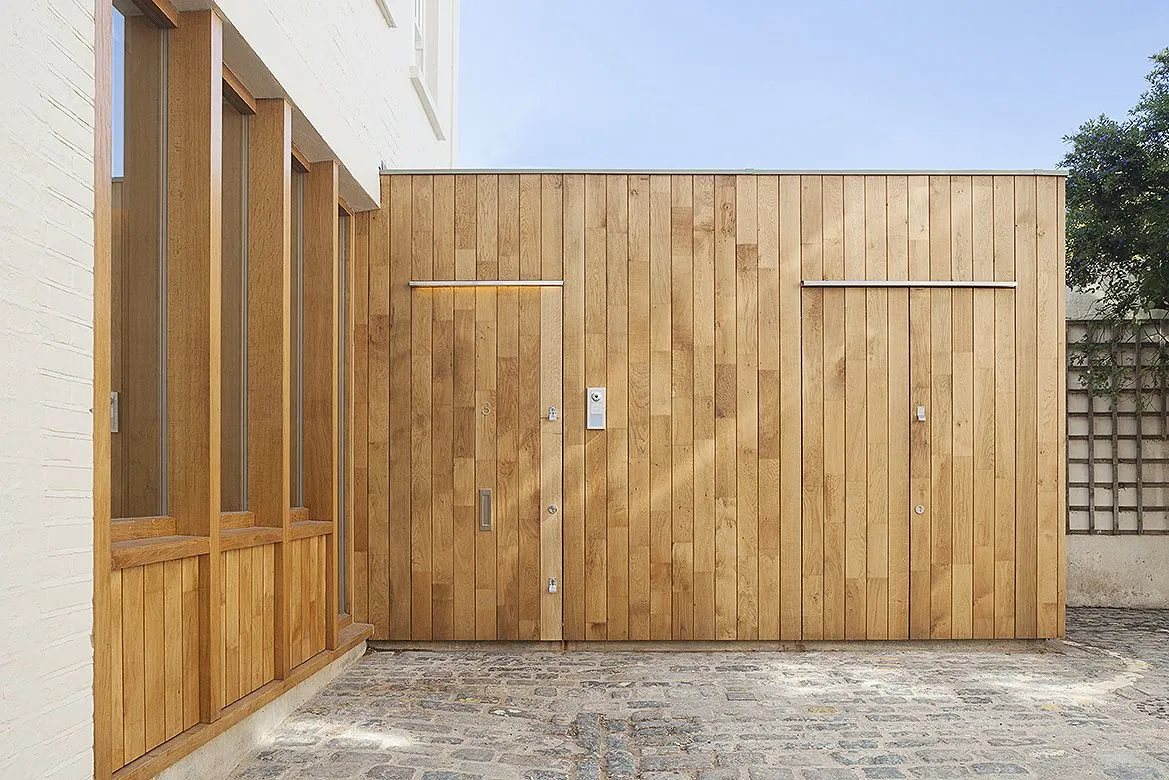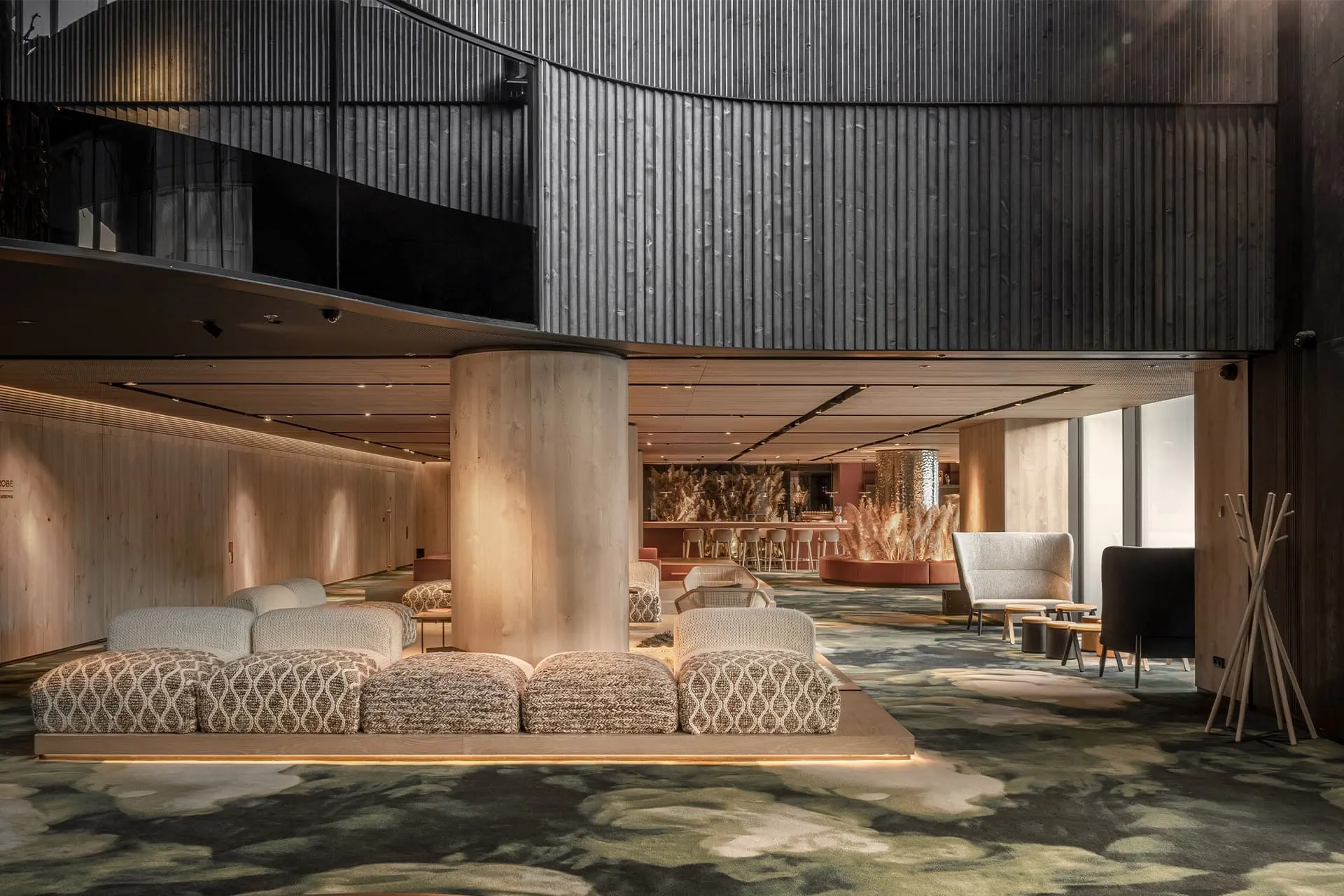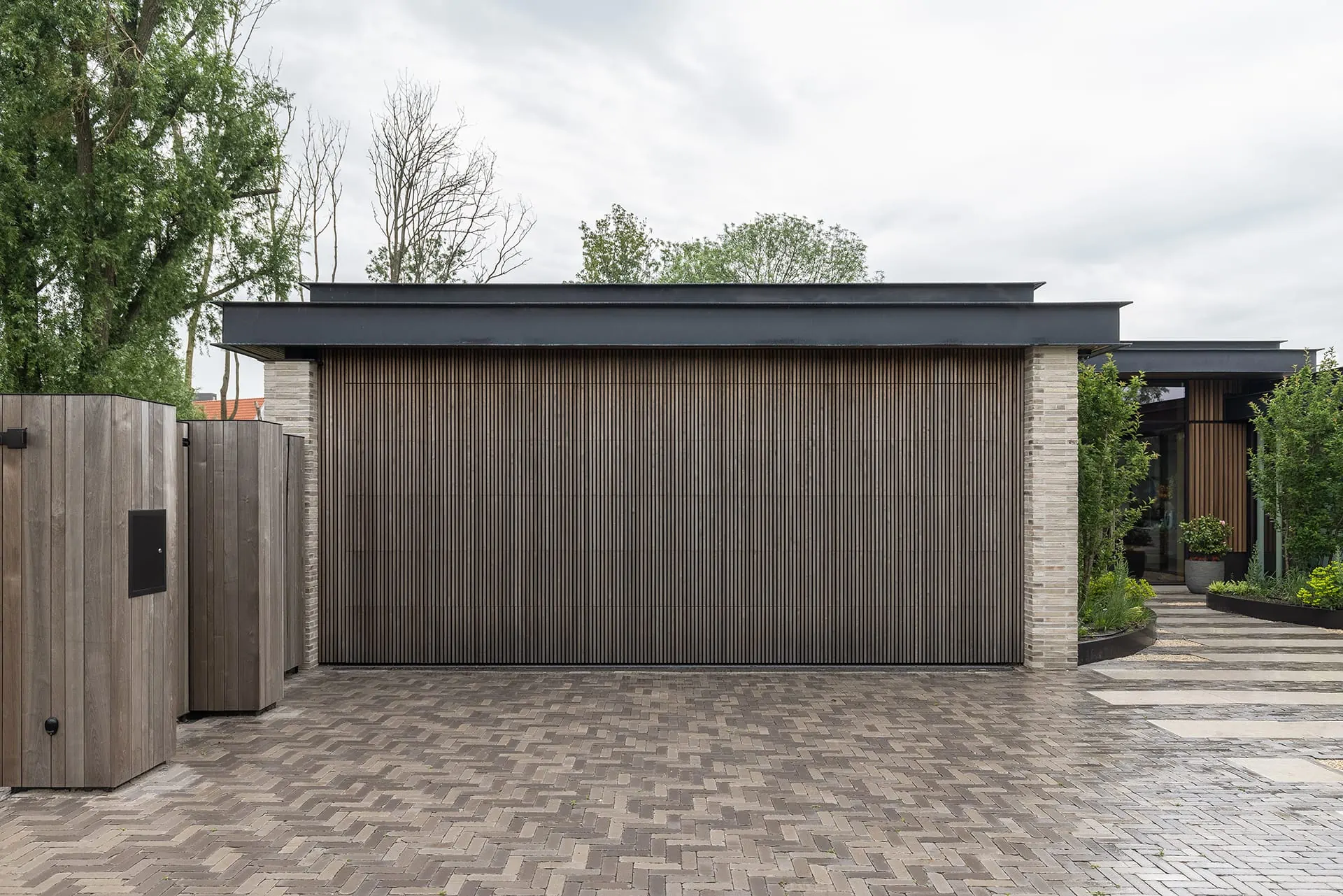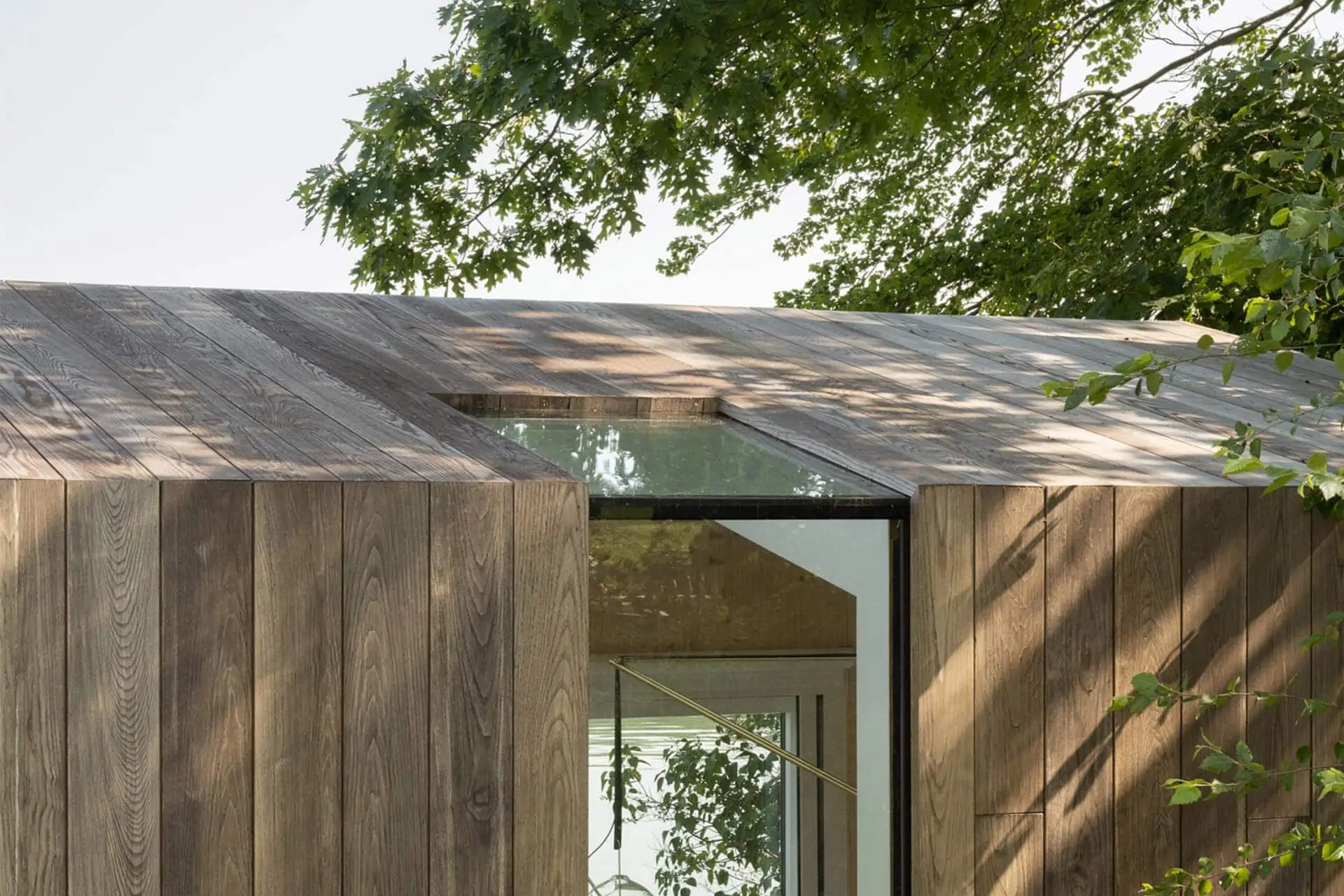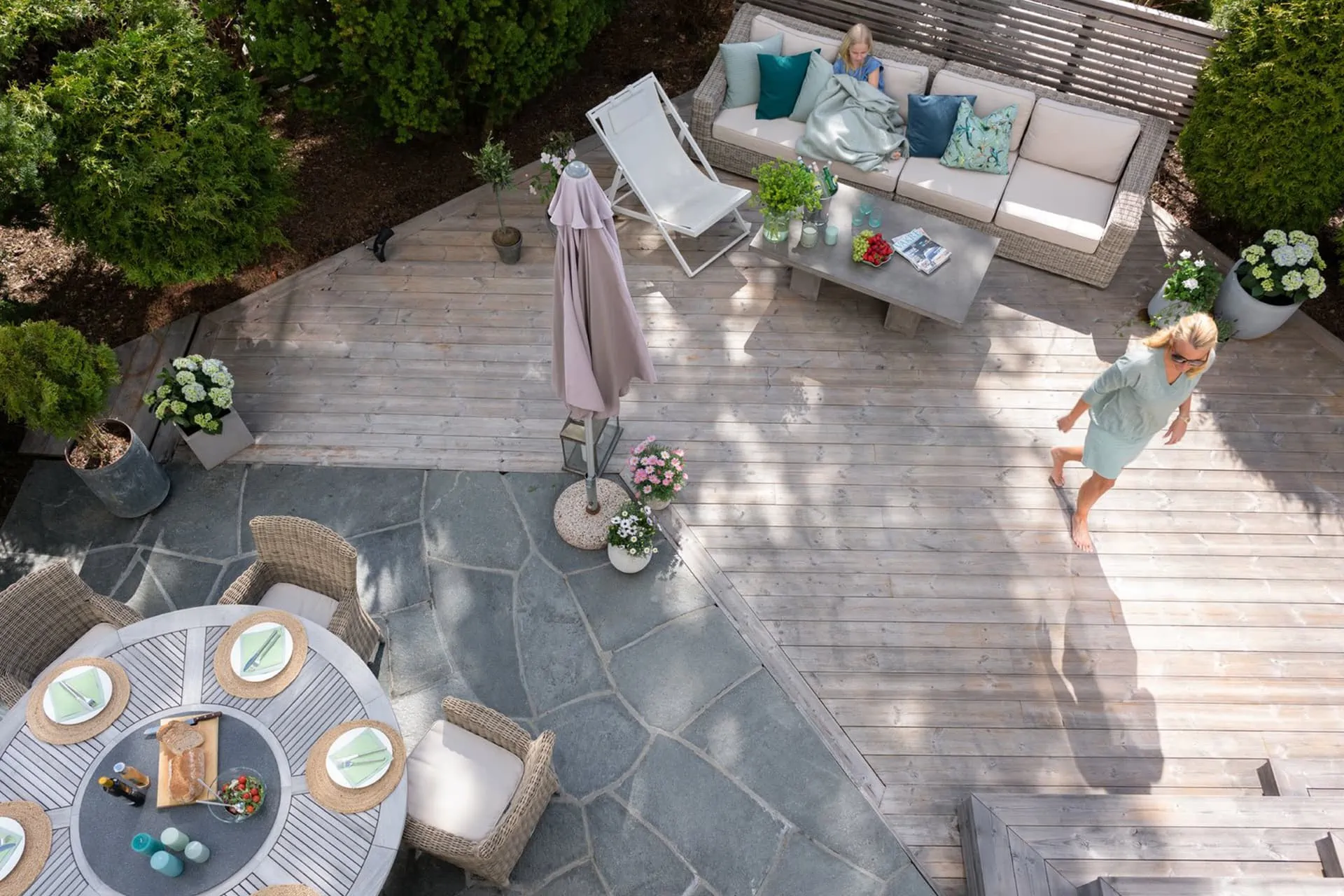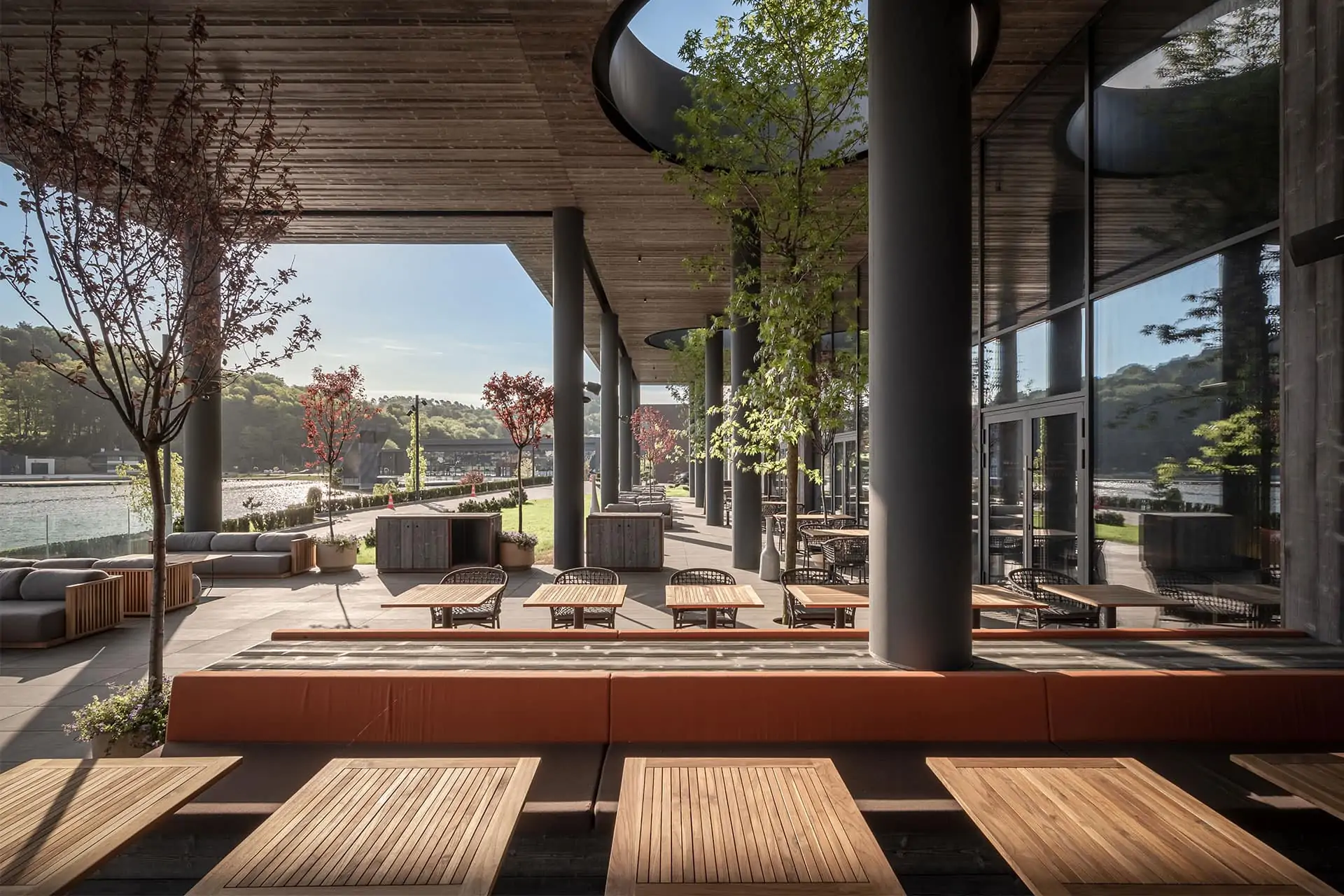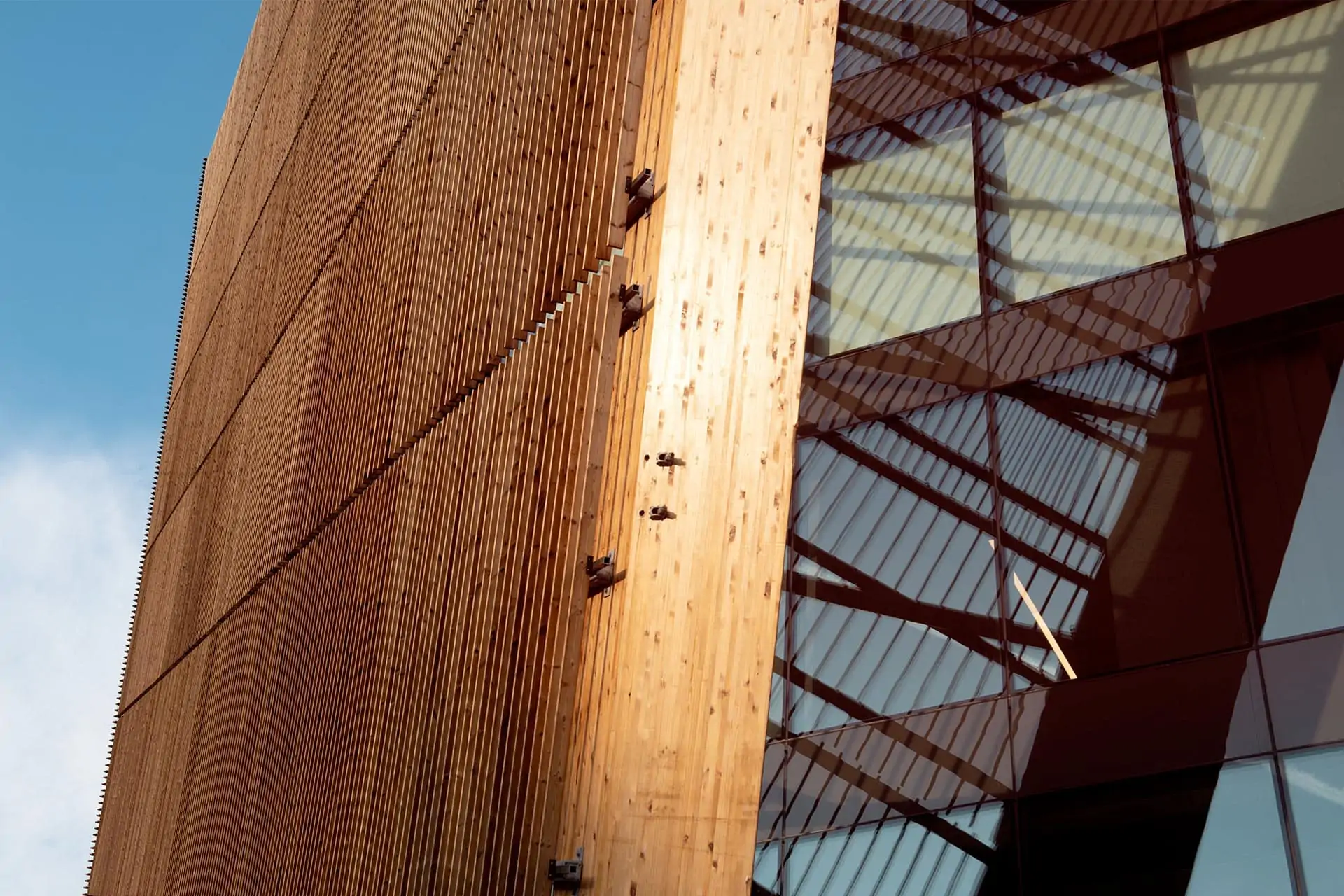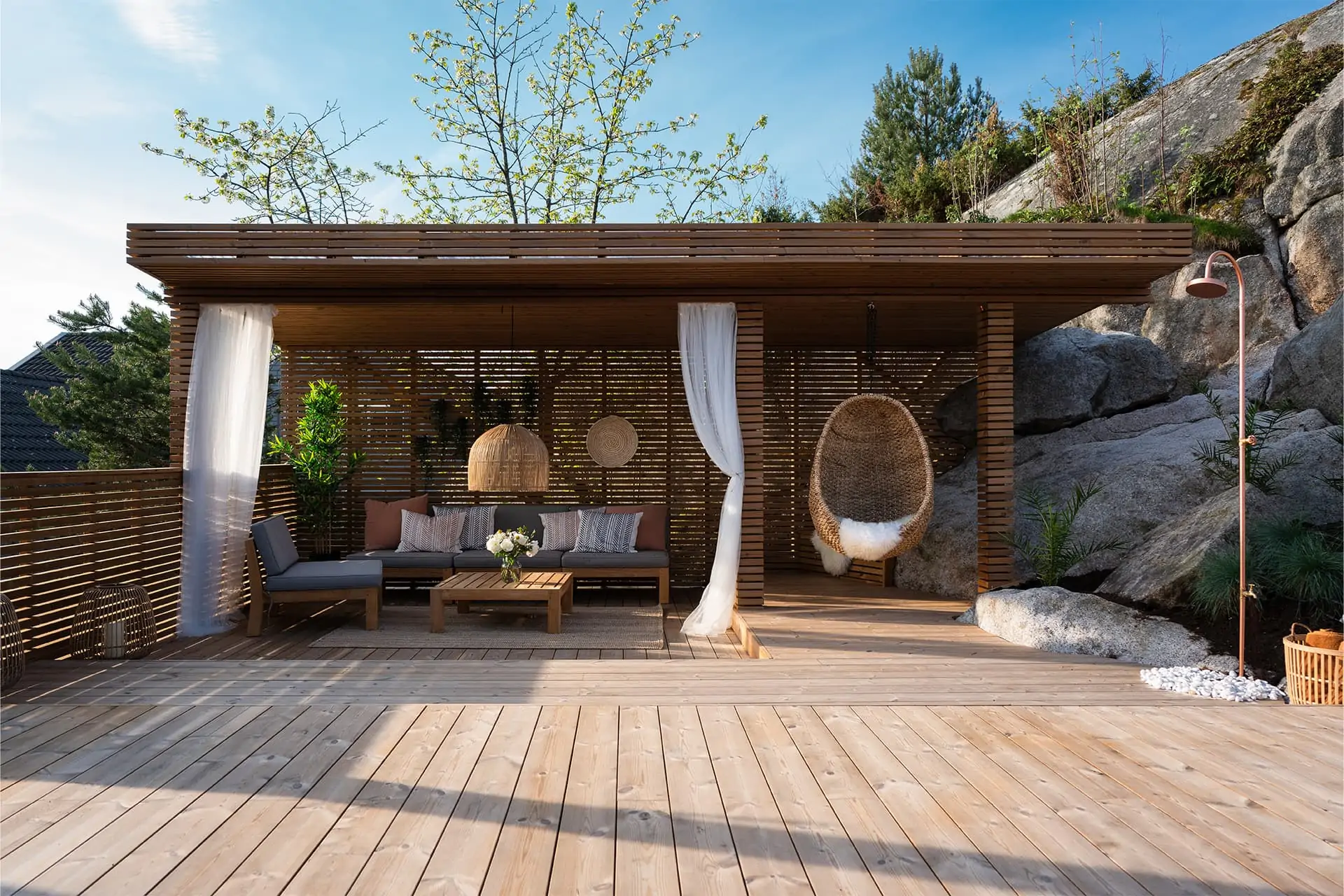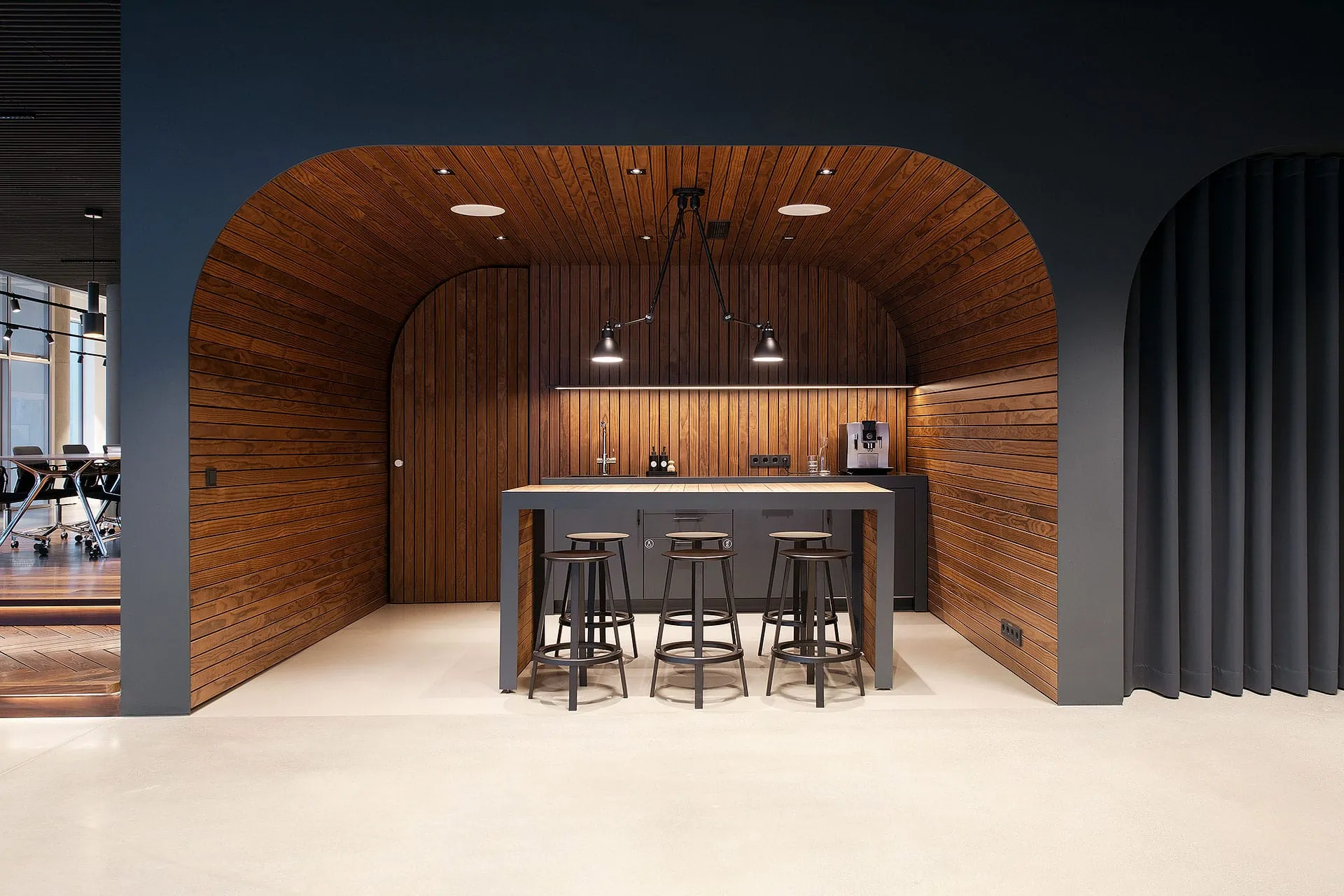Choosing the Right Wood for Tropical and Desert Climates: A Buyer’s Guide
- Chirag Kanabar
- Nov 13, 2023
- 3 min read
Updated: Mar 19, 2024
When it comes to selecting the right type of wood for a home in a tropical or desert climate, it’s important to consider the unique characteristics of the environment and the types of wood that can withstand the climate.
Different types of wood have different levels of durability and resistance to weathering, so it’s important to select a wood that will stand up to the climate’s conditions.
Tropical climates tend to be wet and humid, while desert climates are dry and hot. The type of wood used in each climate should be chosen to withstand the climate’s particular conditions.
With the Middle East having a range of different climatic conditions - Green Lush Mountain and Forest regions of Saudi Arabia to the silky sandy desert of the UAE through to the rocky grey mountains of Oman, Pine Wood UAE is the "one stop shop" for all things related to sustainably sourced wood cladding and wood decking.

Natural Wood Cladding & Decking
For construction projects that span diverse climates, the choice of wood is paramount. Both African Teak and Burma Teak emerge as frontrunners, celebrated for their robustness, able to resist rot in the humidity of the tropics and equally adept at combatting
the arid heat of the desert. Iroko and Yellow Balau are also highly regarded for their durability in extreme conditions, providing a steadfast quality similar to Teak. Completing the lineup, Merbau, Cumaru, and Ipe are outstanding in their ability to withstand the challenges of both tropical moisture and desert dryness.
These woods are not only durable but also offer the versatility needed for a range of environments, ensuring longevity and structural integrity whether in the dampness of the tropics or the scorching climates of the desert.
Treated Wood Cladding & Decking
When treated woods are preferred for their enhanced properties, several options excel in both tropical and desert climates. Accoya stands out for its acetylation process, which significantly increases its durability, making it an excellent choice for withstanding both the persistent humidity of the tropics and the severe dryness of deserts.
Thermally Modified Wood also offers superior qualities, with its heat treatment process strengthening its resistance to decay and moisture — ideal for humid climates, while also ensuring dimensional stability in dry, arid conditions. Thermowood can come in different species (Spruce wood, Pine wood, Ash wood) that are more cost effective than some of the hardwoods like Teak and Cumaru, making it ideal for large scale projects where budgets play a factor.
Similarly, timber treated with Vacsol or Tanalith is fortified against the threats of rot and insect infestation, a critical feature in tropical environments, and maintains its integrity in the harshness of the desert.
These treated woods provide the adaptability and resilience required for enduring the extremes of any challenging environment.
Selecting the Right Wood for your Cladding or Decking Project
When selecting the right type of wood for a project in a tropical or desert climate, it’s important to consider the climate and the type of wood that will best withstand the climate’s conditions.
Different types of wood have different levels of durability and resistance to weathering, so it’s important to select a wood that will stand up to the climate’s conditions.
By understanding the climate and the types of wood that are best suited for it, homeowners can ensure that their home is built with the right type of wood for their climate.
Most of all, we are here to help and we can provide the right solutions based on your project requirements.
Get in touch with us to discuss your requirements further.







